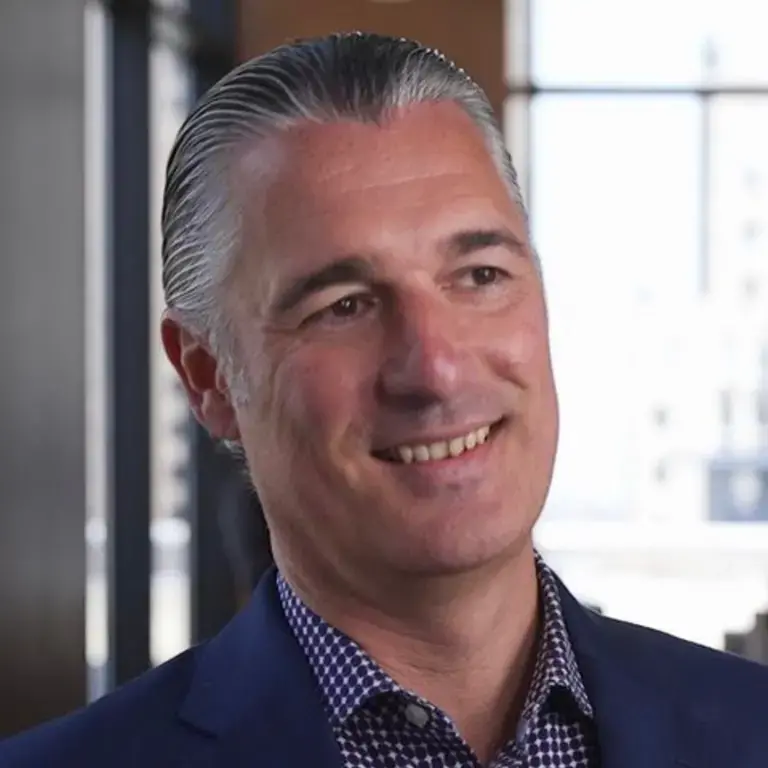Original thought may not be the leading edge in financial advice; and I do not refer to the merits of product innovation or advances in fintech and wealthtech but a sincere ability to differentiate and challenge forms of engagement. If the more common narrative still starts with “and we do financial planning,” you get my point.
As I had suggested in “Succession: A Relevance Crisis,” our future clients are changing. They are looking for a higher value proposition in financial advice, which is less about investing and more about meeting aspirations. Of course, a planning-based advice focus will support this discovery but the plan(ning) itself is a tool, no longer a differentiator.
We are experiencing the emergence of the values-based consumer in financial advice. The leading decision factor of consumers seeking advice will echo their needs for a deeper understanding and appreciation of corporate identities; “tell me what you stand for and who you are with, and I will tell you if I can be with you.”
The topic is incredibly complex and will not only lead consumers, but also existing and new talent. Whereas a high turnover in employees seeking other opportunities has been historically the result of solid job markets, in the COVID era it became more a reflection of a change in hearts and minds; it is about values and priorities in life.
It is also a logical fallacy that the right combo of value and values in shaping corporate identity is more of a need by younger generations. On the contrary, research has shown that whereas Gen Z will preferably buy from companies that align with their values, the 55+ age group will most likely ban companies altogether based on their stance on issues.
The leading question is how to navigate this critically important and yet complex and challenging socioeconomic environment. Two things come to mind:
Lead with vulnerability: Many of us, including corporate leaders, approach change as a linear function; hopefully we will get somewhere in time to stay relevant. The new values dimension, however, is exponential in nature. Companies, therefore, have an opportunity to be transparent about their struggle and the uncertainty of how their journey may unfold. At a minimum, they may openly share efforts before final conclusions are reached.
Switch things around: A cornerstone of regular, strategic planning is the “Mission, Vision, Values” statement. It may be time to revamp this well-known concept by approaching corporate identity and a related go-to-market strategy in reverse order; a “Values (first,) Vision, Mission” statement. And with that, develop uncompromisable and aspirational values as a priority before deciding on what has to be done or who to serve.
Not to be dramatic in conclusion as other significant changes have disrupted the wealth management industry before: The values dimension will expedite the need to move away from traditionalism and outdated paradigms. Only the right balance between value and values delivered to clients will determine to what degree advisors and their firms will journey down the path of “make or break.”
